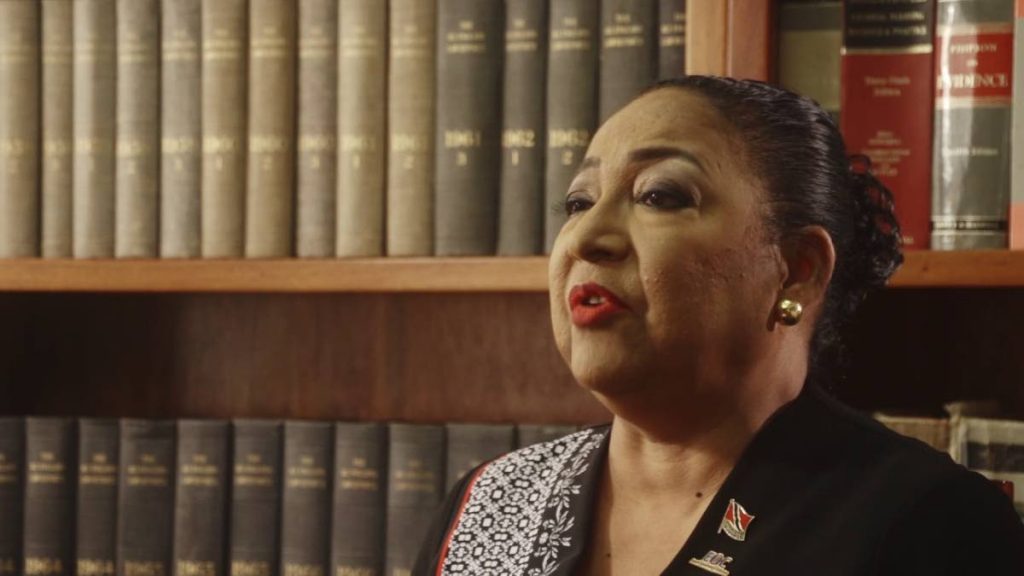Employers should pay for sexual harassment

KALIFA CLYNE
ANY legislation TT establishes to deal with sexual harassment should include provisions to make employers liable for instances in the workplace and to make them pay or reinstate victims.
This was the opinion shared by chair of the Equal Opportunity Commission (EOC) Lynette Seebaran-Suite on Tuesday during a panel discussion at the launch of the EOC Guidelines on Sexual Harassment in the Workplace.
The purpose of the guidelines is to enable employers and managers to better understand how the law is meant to work, and provide them with a framework for understanding the need for them to play a leadership role in providing a workplace culture that does not tolerate nor condone sexual harassment.
The guidelines include mechanisms to prevent sexual harassment, mechanisms for responding to it, disciplinary action and protective and remedial action, among other guidelines. The launch took place at the Office of the Attorney General on Richmond Street, Port of Spain. Seebaran-Suite acknowledged that there had been dialogue about sexual harassment in the workplace happing in TT for at least a year.
The guidelines noted that last year Angostura chair Dr Rolph Balgobin was accused of sexual harassment. Balgobin was later cleared by an internal investigation. The complainant was later dismissed from the company, spurring public scrutiny and the public decision of some restaurants to boycott the company.
Seebaran-Suite said several countries in the Caribbean had already legislated for sexual harassment and added that the EOC’s guidelines could help take the country to legislation.
“If the employer is found not to have taken reasonable steps, the employer becomes liable to pay or reinstate the victim. This is an important legislative provision which must be in whatever legislation we come up with. The problem is, you make a complaint and then frequently find yourself under victimisation and you are forced out of the workplace.
“That is very much the experience of people who complain of sexual harassment in a workplace,” Seebaran-Suite said.
Adding to yesterday’s discussion, Labour Minister Jennifer Baptiste-Primus said the issue of sexual harassment was being examined for inclusion within the Basic Terms and Conditions of Work Code, which is an Industrial Relations Act mandate.
Baptiste-Primus said the ministry understood the urgent need for basic terms and conditions of employment to be clearly and meticulously outlined.
“Given the absence of legislation to treat with sexual harassment, we encourage initiatives aimed at raising awareness and encouraging the call for the development of sound workplace policies that will discourage all forms of gender-based violence, particularly sexual harassment, from workplaces,” Baptiste-Primus said.
She said legislative provisions and mechanisms to address sexual harassment in TT lie within the Equal Opportunity Act, 2000, which includes provisions on discrimination in the workplace.


Comments
"Employers should pay for sexual harassment"